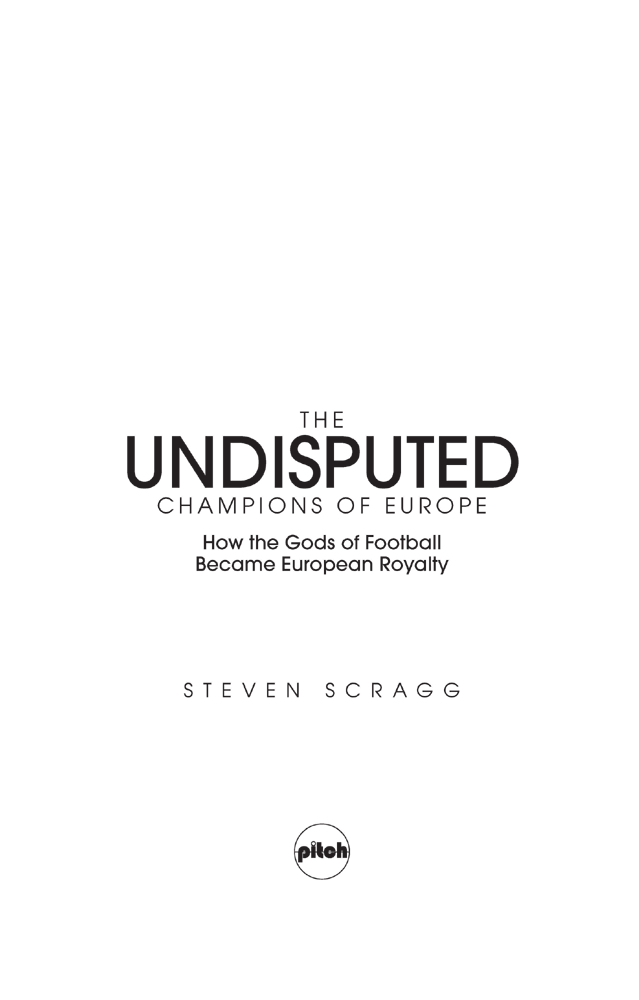First published by Pitch Publishing, 2021
Pitch Publishing
A2 Yeoman Gate
Yeoman Way
Durrington
BN13 3QZ
www.pitchpublishing.co.uk
Steven Scragg, 2021
Every effort has been made to trace the copyright.
Any oversight will be rectified in future editions at the earliest opportunity by the publisher.
All rights reserved under International and Pan-American Copyright Conventions. By payment of the required fees, you have been granted the non-exclusive, non-transferable right to access and read the text of this e-book on-screen. No part of this text may be reproduced, transmitted, downloaded, decompiled, reverse-engineered, or stored in or introduced into any information storage and retrieval system, in any form or by any means, whether electronic or mechanical, now known or hereinafter invented, without the express written permission of the Publisher.
A CIP catalogue record is available for this book from the British Library
Print ISBN 9781801500050
eBook ISBN 9781801500371
--
eBook Conversion by www.eBookPartnership.com
Contents
For my dad. The person who gave me both my love for my team of choice, but also my appreciation for the wider game.
Acknowledgements
WRITE A book, he said. Well the book eventually became a trilogy, and for that I have my These Football Times colleague Will Sharp to thank. I will not rest until I have set you off on a long overdue book of your own. Beyond that, none of this would have been possible without the support of Omar Saleem, Hyder Jawd, Stuart Horsfield, Gary Thacker, and Aidan Williams. Endless podcasts and online chats have stirred the footballing soul. Id also like to say thank you for the trust shown by Jane and Paul at Pitch Publishing, plus Duncan Olner for turning an image in my head into a glorious book cover. At home, Bev, Sam, Elsie, and Florence have all saved the day on various occasions. My dad, Alison, and David have all offered encouragement and support. Much needed distractions have been supplied by the magnificent Hayley Coleman, along with Andy, and Carrie Knott. A big thank you, too, to all who have taken the time to both purchase one, two, or all three of these books, and to all who have interacted on social media.
Introduction
GLINTING AND glistening under the glaring spotlight, usually presented to the winning captain in a European city of immense stature, the Coupe des Clubs Champions Europens was the most visually reflective of the three major European prizes on offer in the month of May. As the flashbulbs popped away and the floodlights shone bright, the European Cup absorbed all light and bounced it straight back into the eyes of a captivated and increasingly global audience.
While the European Cup Winners Cup offered an eclectic and random form of footballing entertainment, and the UEFA Cup boasted a list of teams that would put its older and more vaunted siblings to shame on a regular basis, resplendent also with the final that owned the best atmosphere, in riposte the European Cup Final felt like the centre of the footballing universe. It was an event that permeated an enchanting sense of occasion matched by no other club game.
There was always something that little bit more reverential about the European Cup Final. A game that would be broadcast live in the UK far more often than not, irrespective of the two teams taking part, while in comparison many British successes in the Cup Winners Cup, Inter-Cities Fairs Cup and its successor the UEFA Cup were only followed live on the radio, by supporters, and interested observers who would be made to wait for late-night highlights instead.
For instance, while the less intrepid Liverpool supporters who opted not to travel to West Germany for the second leg of the 1973 UEFA Cup Final werent able to watch live coverage of their teams success against Borussia Mnchengladbach, a week later they were spoilt for broadcasting choice, as both the BBC and ITV covered the European Cup Final live, a game contested by opponents from the Netherlands and Italy.
It was with a sense of awe that I would sit in front of the television, transfixed by an occasion that didnt require hype, that didnt need an accompanying soundtrack of Zadok the Priest. In 1983, when Hamburger SV faced the might of Juventus, on a night in Athens when La Vecchia Signora were expected to belatedly come of age as the champions of Europe, only to be denied, an evening that marked the first European Cup Final not to have an English presence for seven years, it was the wonderful Barry Davies who set the pre-match tone when he spoke to the nation.
Davies effused with consummate class of a stadium that was entirely in keeping with an ancient yet modern city and its iconic ruins, going on to run his audience through all they needed to know prior to kick-off, informing them of how Athens had been alive to the sound of song, fine wine, and beautiful food, and how the Juventus supporters heavily outnumbered their HSV counterparts. He talked of the thoroughly Latin atmosphere, and of the slight breeze that the players would appreciate, on an evening when the temperature was still 73 degrees Fahrenheit, with a humidity of 48 per cent.
No hyperbole from Davies, and from here he took us through to the start of the game via a barely concealed lament at the state of the pitch at Wembley compared to that of the Olympic Stadium, followed by his approval of the flares and firecrackers that were being set off, and the 6.2 ratio of Italian to West German players having taken part in the 1982 World Cup Final.
As the whistle was blown to begin the 1983 European Cup Final, Davies offered up what was in one part a pair of rhetorical questions, and on the other hand a prayer to Olympus, for a game to match the beauty of the surroundings, when he proclaimed, Can we hope for an Olympic spirit, in such a stadium? Are we to see the jaws of Gentile, or the expression of Platini, before tempering it with the disclaimer, Maybe well have the first, before the freedom of the second?
It was with such marvellous scene-setting that Davies transported you from your living room to these stadiums, and these finals. It mattered not that so many of them seemed to end 1-0.
Two years later, it was Davies again who described the scenes prior to a European Cup Final that Juventus had reached, this time in Brussels and with an infinitely more sombre note as 39 souls needlessly died at the dilapidated Heysel Stadium. Over 35 years on from the Heysel disaster, with a combination of sadness and acceptance, his voice tilts to the perfectly weighted tone, when his minds eye drifts to the topic.
For me, Davies was the voice of the European Cup Final, something he delightedly laughs out loud about when suggested to him. It was a gig that was blessed by his commentary every other year, in days when the BBC would alternate annually with ITV in broadcasting the biggest night on the European club football calendar. On the BBC and ITVs off years, the compensation was that they would cover the Cup Winners Cup Final instead.
In between the 1983 and 1985 European Cup Finals, Davies also covered Juventus when they defeated FC Porto in the 1984 Cup Winners Cup Final. He must have felt a kinship to them by the time he arrived in Brussels.

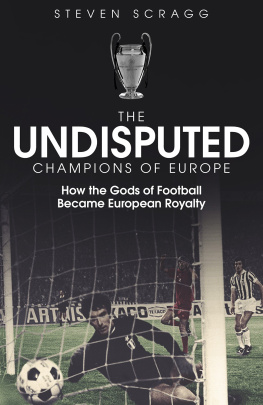
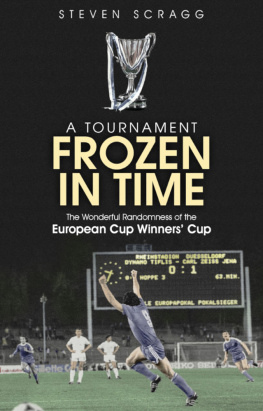
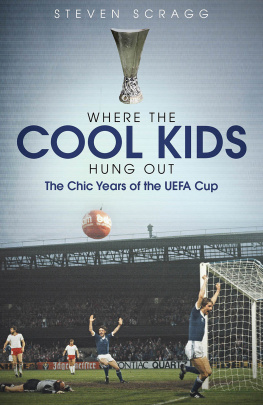
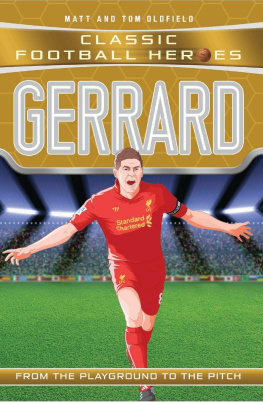
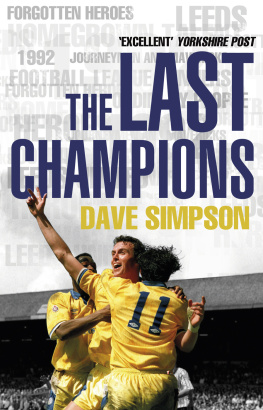
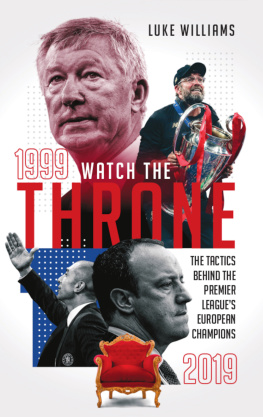
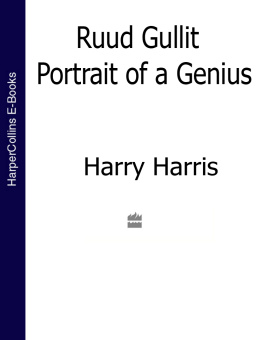
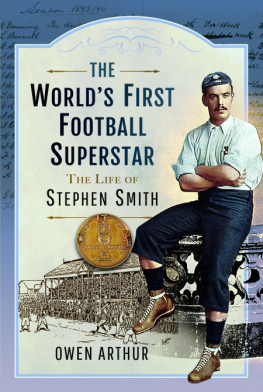
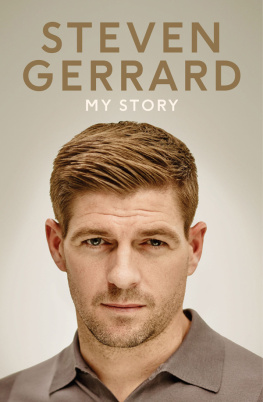
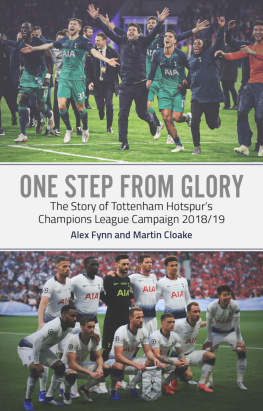
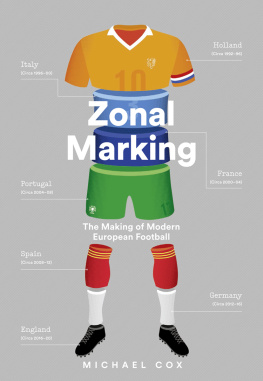
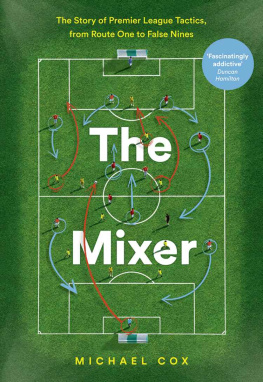

![Dietmar Hamann [Dietmar Hamann] - The Didi Man](/uploads/posts/book/46092/thumbs/dietmar-hamann-dietmar-hamann-the-didi-man.jpg)


